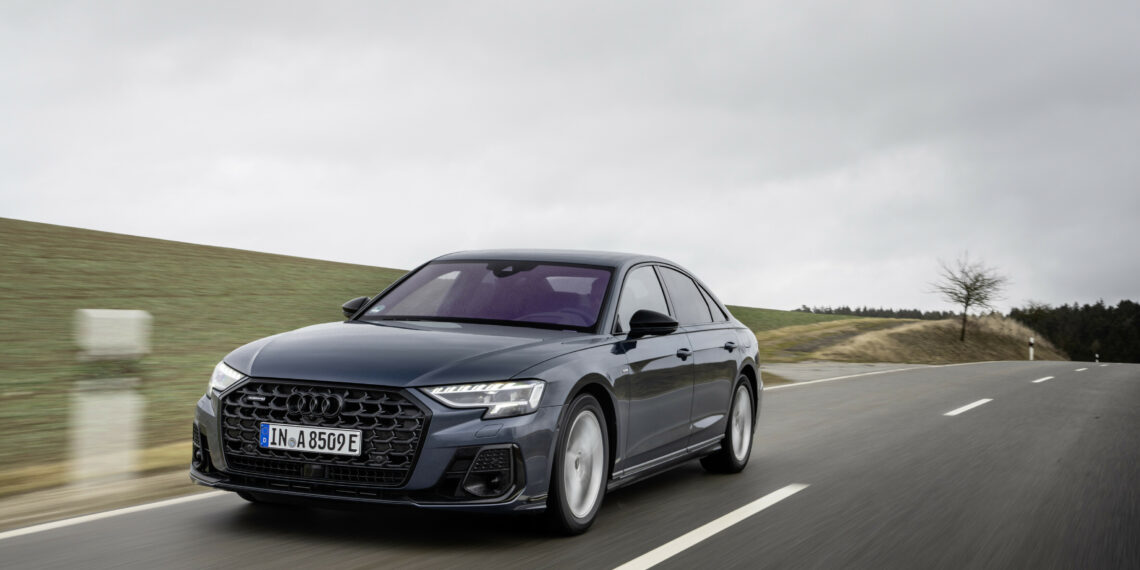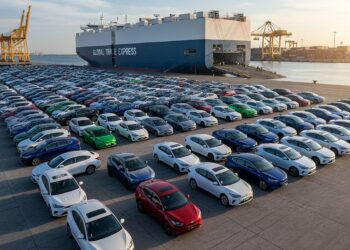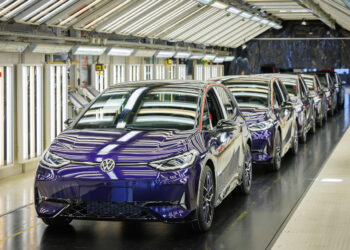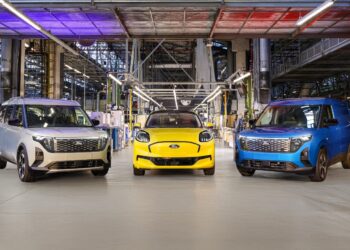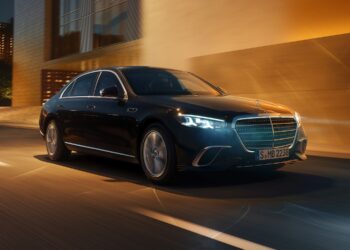According to statements from a senior official at Audi to Automobilwoche, there are more uncertainties than certainties regarding the future of its flagship model. With sales declining sharply, partly due to the inevitable aging of a car launched back in the distant year of 2017, and subject to a mid-cycle update in 2022, the current generation A8 has also not been a great success in China, in its “extended” Horch variant created specifically for the largest market in the world. Moreover, like all proposals of this kind, it has to face increasingly fierce competition from SUVs, and the growing dominance of these vehicles in the automotive landscape, even in the most “exclusive” segments.
The statements of Geoffrey Bouquot, responsible for the technical development of the four rings brand, to the German publication are symptomatic of this, indicating that the future of the A8 is being reviewed “actively,” and that the company is still “trying to find a platform for a possible successor” – suggesting that an additional update is being ruled out, as the model requires a new technical base to comply with increasingly strict regulations. On the other hand, the lower than expected and desired adoption of fully electric vehicles will recommend that this is not, likewise, the path to follow (see the case of the new luxury SUV with three rows of seats from Porsche, whose original plan was to launch it in 100% electric variants, but it will first reach the market in combustion engine versions, a testament to the more cautious stance of the VW Group regarding total electrification).
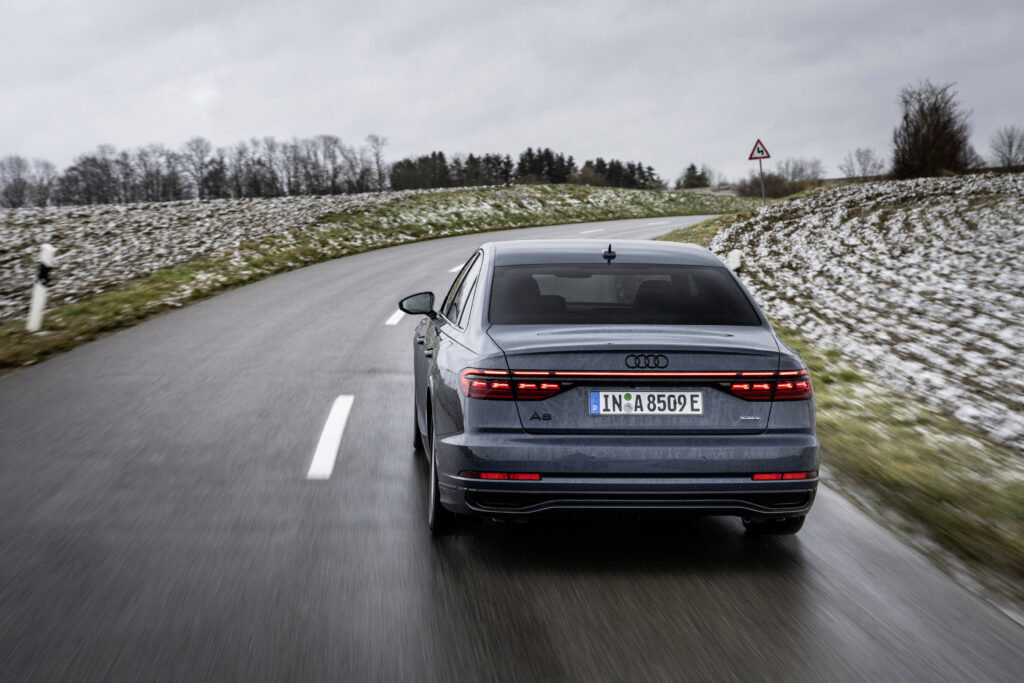
The solution may then involve resorting to a longer version of the PPC (Premium Platform Combustion), debuted by the A5, and already used, likewise, by the new Q5 SUV, A6, and Q6 – followed by the new Q7 and the unprecedented Q9. In this regard, Geoffrey Bouquot is sparse with words: “We are thinking intensely about when we will launch the successor to the A8, and what the most suitable propulsion technology will be.”
It is undeniable that the decision cannot take too long to be made, as even if a successor powered by combustion engines becomes the option, it is unlikely to be ready before 2029, and it is no less improbable that the A8 still on sale could survive until 2026 – the year it will reach nine years of life, and in which its “arch-rivals” from BMW (Series 7) and Mercedes (Class S) will receive an update that will make their aging even more evident. Whatever path is taken, everything seems to point to the fact that, at least for some time, and for the first time since 1994 (or since 1988, considering the V8 that preceded it), Audi’s “flagship” may not be the A8. A sign of the times?

